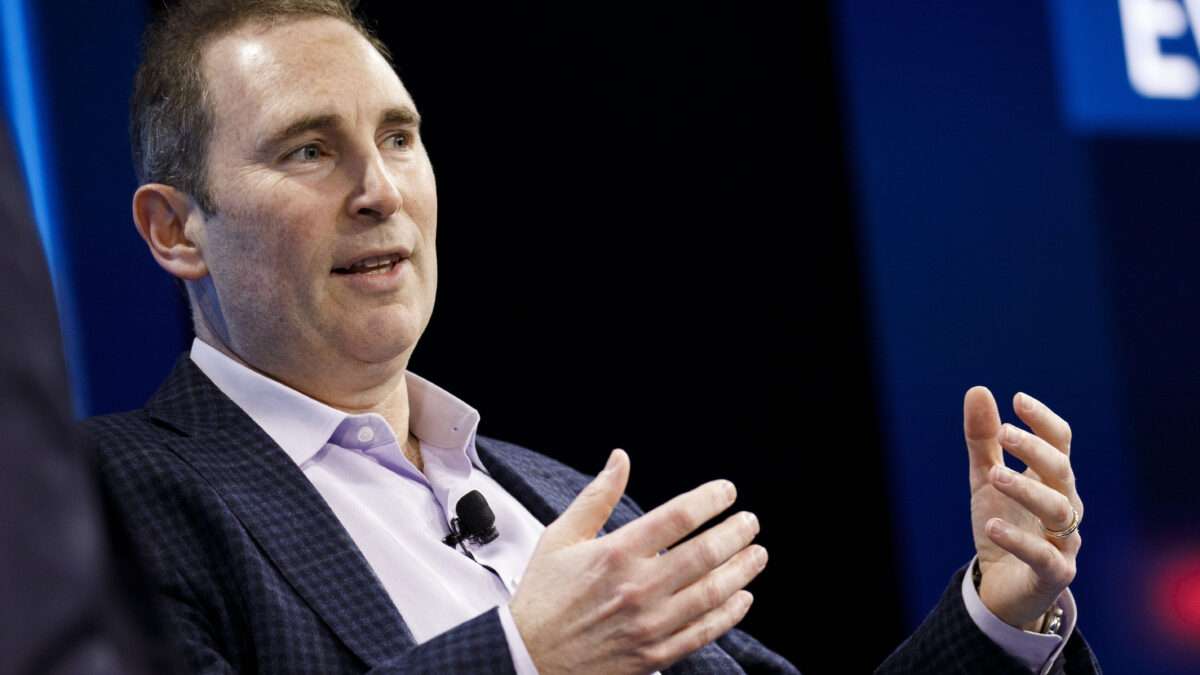Can a Criminal Enterprise Commit an Unfair Labor Practice?
Today the U.S. Court of Appeals for the D.C. Circuit decided a case concerning the allegation of unfair labor practices at Curaleaf Arizona, a medical marijuana dispensary. In Absolute Healthcare v. NLRB, the court granted Curaleaf's petition challenging some NLRB findings that the company had committed unfair labor practices under the National Labor Relations Act.
The fact that Curaleaf is a medical marijuana dispensary makes this an interesting case. While Curaleaf's activities are legal under Arizona law, they are criminal under federal law, so Curaleaf is engaged in a criminal enterprise. This makes it interesting, to say the least, for a federal agency (the NLRB) to police Curaleaf's treatment of its employees. (For an exploration of other curiosities caused by the state-level legalization of the distribution and sale of marijuana, see my book, Marijuana Federalism: Uncle Sam and Mary Jane.)
Judge Millett wrote the panel opinion, granting Curaleaf's petition insofar as it challenged the NLRB's findings. (Some of the NLRB's findings were uncontested.) Senior Judge Ginsburg and Judge Walker joined the opinion. Judge Walker also wrote a separate opinion raising questions about whether the NLRA reaches allegedly unfair labor practices by employers engaged in businesses that remain illegal under federal law.
Congress empowered the National Labor Relations Board to protect the labor rights of certain employees of certain employers that affect interstate commerce. It is an undeniably broad grant of jurisdiction. But it may not be quite as broad as the NLRB assumes.
Consider the facts of this case. The NLRB ordered a criminal enterprise called Curaleaf Gilbert to pay a drug dealer to sell illegal drugs. That is a curious order from the branch of government tasked with faithfully executing federal law.
I can imagine three arguments in favor of the NLRB's jurisdiction over marijuana dispensaries like Curaleaf, but each has flaws.
First, many people believe marijuana should be legal. There are thoughtful people on both sides of that policy debate, and momentum may well be toward legalization. But for now, marijuana remains illegal at the federal level, notwithstanding the Department of Justice's nonenforcement.
Second, Arizona law allows Curaleaf to sell marijuana.6 But federal criminal prohibitions preempt conflicting state law. And those prohibitions cannot be displaced by an agency advisory memo.
Third, the NLRB usually retains jurisdiction even after an employer breaks a law. Indeed, Congress tasked the NLRB with holding employers accountable when they violate federal labor law. But that's when the enterprise is otherwise legitimate — not necessarily when its sole aim is to sell an illegal product or provide an illegal service.
That distinction may be more significant than the NLRB appreciates. After all, rings of bookies and counterfeiters affect interstate commerce, but the NLRB does not seem eager to adjudicate their labor disputes. Ditto for street gangs.
Why does that change when a corner boy calls himself a "budtender" and his crew incorporates under state law?
To me, at least, the answer is hazy.
The post Can a Criminal Enterprise Commit an Unfair Labor Practice? appeared first on Reason.com.



